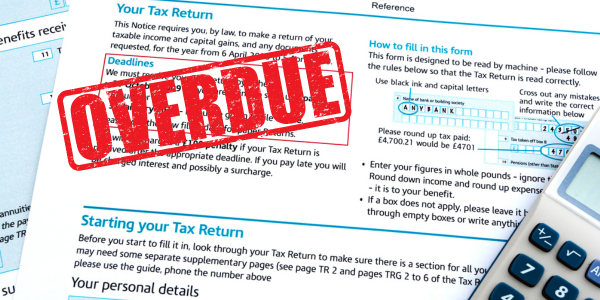Budget summary – tax implications
In the run-up to this year’s budget, most economists predicted there would be few major announcements regarding taxation or public spending. With the Brexit deadline looming, it was felt that a ‘quiet’ budget would steady nerves ahead of the March withdrawal from the EU.
Sure enough, there were no seismic changes in policy. Chancellor Philip Hammond did have a few surprises, however, delivering tax cuts ahead of schedule, and announcing welcome news for businesses. Landlords have not fared so well, with further tax liabilities in the pipeline. Here we outline some of the key changes and discuss the impact they will have.
Changes to Income Tax and NICs from April 2019

The Chancellor had previously announced that the tax-free personal allowance and higher rate threshold would increase to £12,500 and £50,000 respectively by April 2020. This has now been introduced a year earlier, which will be welcome news for taxpayers and will result in an income tax saving. This was a somewhat surprising announcement as there was a suggestion before the budget that these measures could actually be delayed or scrapped.
However, buried in the small print of the budget was the news that National Insurance contributions (NICs) will increase for higher earners, wiping out half of those income tax savings. Currently, those earning more than £46,350 pay 12% NICs on earnings up to that level, but only 2% earnings above it. From April 2019, the full 12% rate will be payable on earnings up to £50,000, and the 2% rate will only kick in above £50,000.
With this taken into account, the £730 annual income tax saving for higher rate taxpayers will be reduced to £365 once those extra NICs have been factored in.
Increase in Annual Investment Allowance
There was also positive news for growing businesses, with the Annual Investment Allowance (AIA) being increased temporarily from £200,000 to £1m. Under this scheme, a business can write off 100% of qualifying capital expenditure against taxable profits. This is great news for construction companies planning large investments in plant and machinery. But it’s not just the construction industry that can benefit. AIA is available for most assets purchased by a business, whether machines and tools, vans, office equipment, building fixtures and computers. Cars are not included in this scheme.
The Chancellor hopes that the temporary measure will encourage British business to invest in growth, which will in turn stimulate a positive knock-on effect on the economy.
Cut to property lettings relief
People who let a home they have moved out of, rather than sell it immediately, are one of the major losers from the budget. These landlords (often ‘accidental landlords’ who failed to sell their home but had to move anyway) currently gain relief from capital gains tax when they finally sell. The size of the relief depends on how long the landlord occupied the property, with an additional ‘private residence relief’ exemption given for the final 18 months of ownership. From April 2020, the private additional exemption period will be reduced from 18 months to 9 months.
In addition, from April 2020, lettings relief on the sale of a property will be restricted to landlords who are in shared occupancy with a tenant in their home.
This change will not affect buy-to-let landlords who have never lived in the property they are selling. However, those who are affected could face thousands of pounds in additional tax. This will be unsettling news for many accidental landlords, increasing the pressure to sell a home in the 9-month time frame rather than let it out. However, the government has defended this change, stating that 9 months ‘is still twice the length of an average property transaction.’ For those whose homes must be sold because of a move to a care home or a disability, the longer exemption period of 36 months remains unchanged.
This is a significant change to a complex area of tax relief and as such, the Chancellor has announced a consultation period before the reforms come into effect.
Please get in touch with Perrys if you would like advice on these budget measures, or any other tax-related matters.







